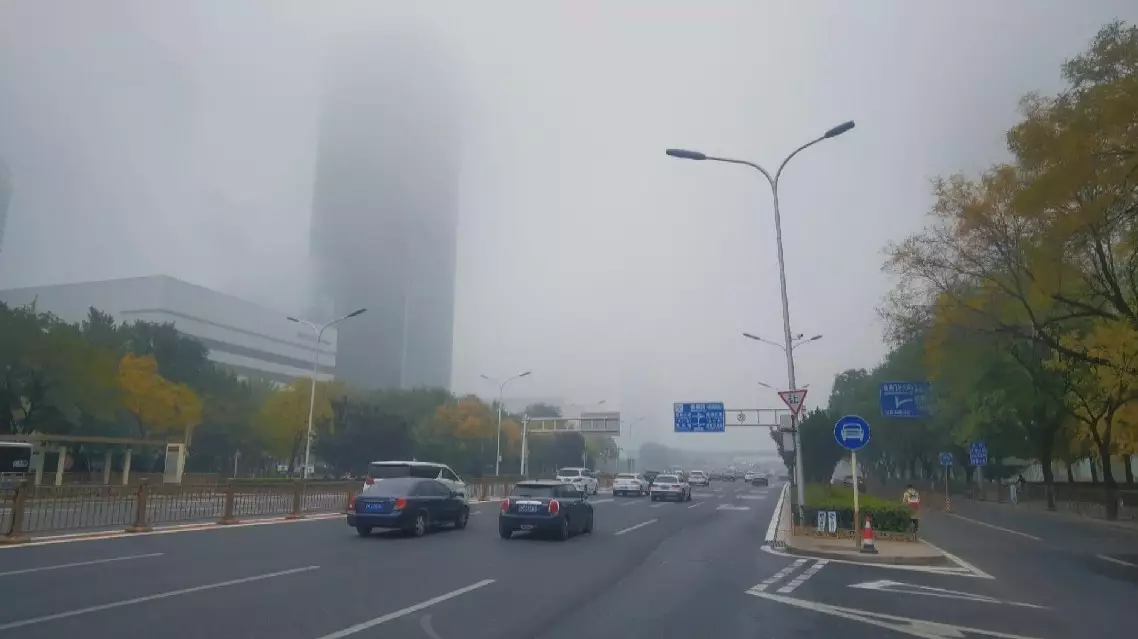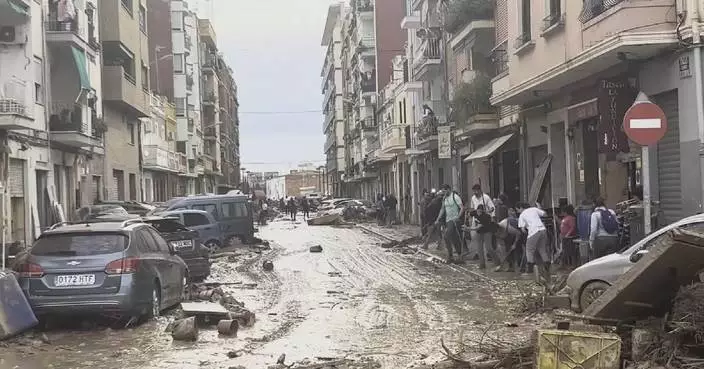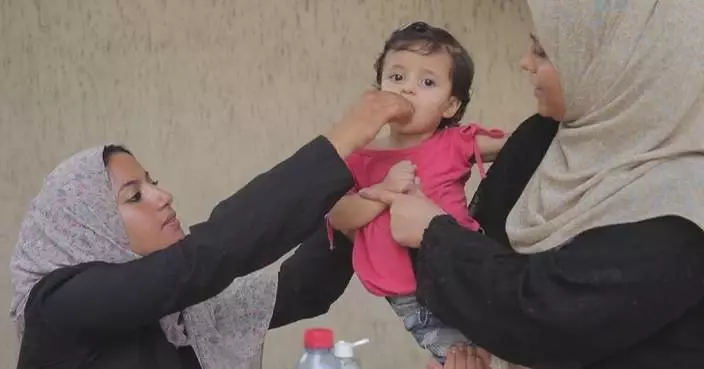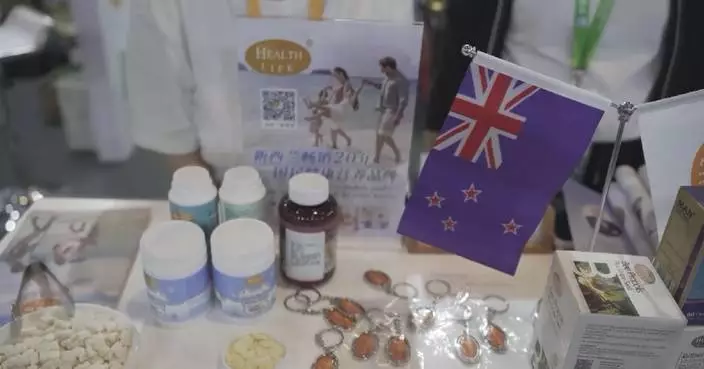Residents in the northern Gaza Strip are struggling to deal with a water crisis stemming from Israel's "complete siege" of Gaza and its intensifying airstrikes.
According to an independent report submitted to the United Nations Human Rights Council (UNHRC) in September, the "water crisis" in Gaza is deepening due to limited natural water resources, water contamination, and the Israeli military siege. The report warns that if the provision of safe drinking water cannot be guaranteed in the region, diseases may spread, and water can serve as a weapon of war against civilians.
Access to clean water is severely restricted, with many residents relying on truck deliveries that now occur every four days. Youssef Abu Amireh, a local child, has to take on the burden of gathering water for his family, as most of them are injured in the previous Israeli siege.
"We have to collect water like this every day. We have 30 people, and I have to collect water from here or there every day. I am really exhausted. Sometimes there are too many people, and I can only collect a little bit of water before the truck drives away," said Amireh.
Distillation factories, a vital water supply in Gaza, have been forced to shut down due to power outages caused by Israel's blockade.
"Ever since the conflict happened, we have been facing difficulties producing freshwater. Continuous power cuts greatly disturbed our work. In the best situations, the factory can run six hours per day at most. In the past ten days, we completely stopped production due to a lack of fuel, which caused many health issues to people," said Muhammad Matar, who runs a seawater distillation factory in Al-Sahaba of Gaza City, which used to be a freshwater supply for around 210,000 residents.
According to a United Nations Office for the Coordination of Humanitarian Affairs (UNOCHA) update, the daily water distribution in northern Gaza has plummeted to 638 cubic meters, compared to 380,000 cubic meters throughout Gaza before October 2023. Residents are still waiting for adequate water supply in thirst and desperation.
"Despite being patient, how long can we bear the situation? Till we all die of thirst? Or should we feed our children with seawater? We are now drinking salt water. Even though we survived warfare and bombing, we will die from water scarcity," said Hani Al-Kariri, a local resident.
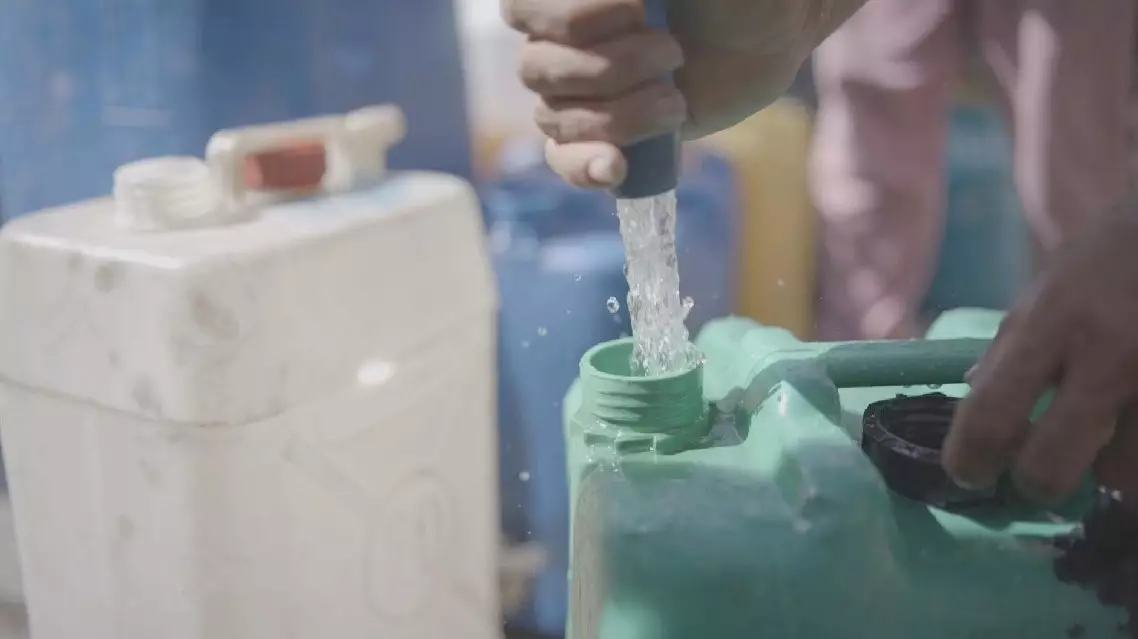
Northern Gaza residents face severe water scarcity as Israeli siege continues
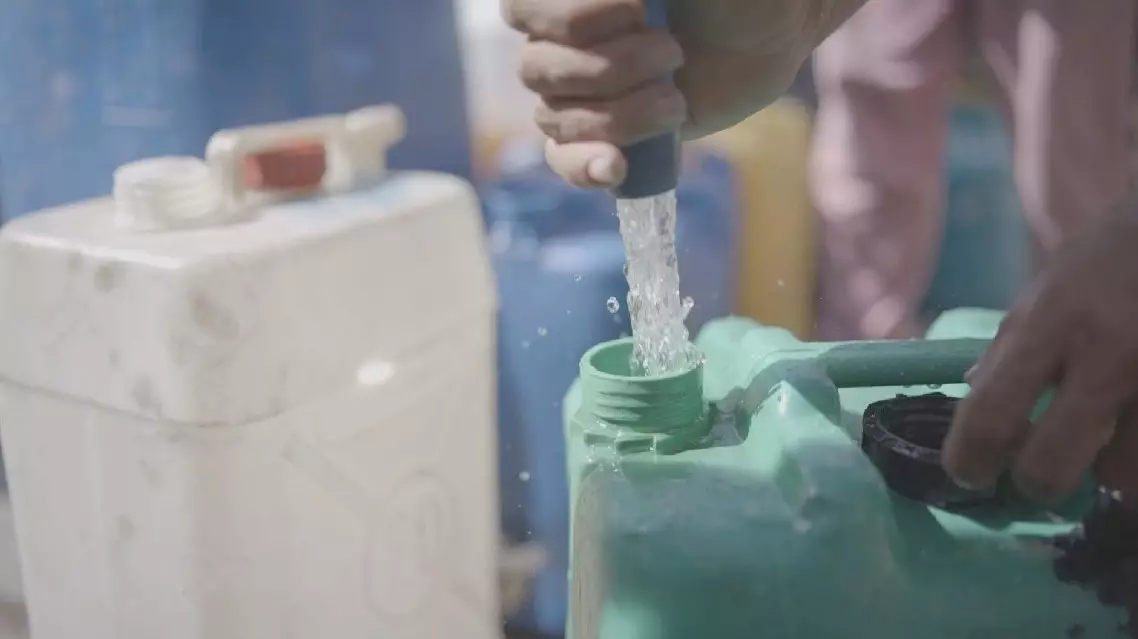
Northern Gaza residents face severe water scarcity as Israeli siege continues
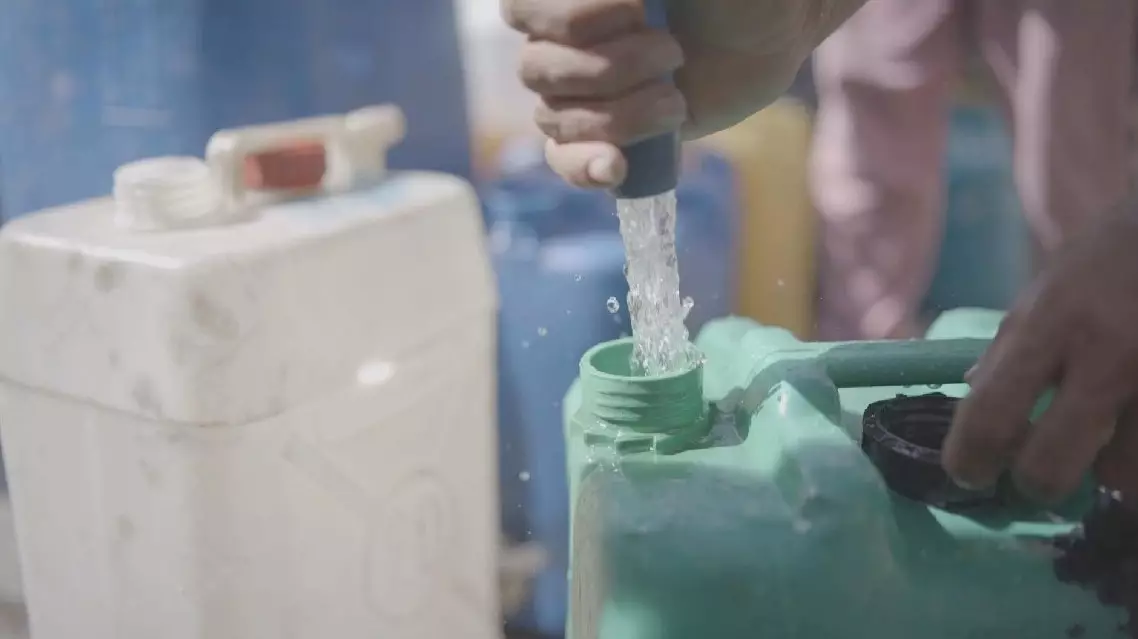
Northern Gaza residents face severe water scarcity as Israeli siege continues
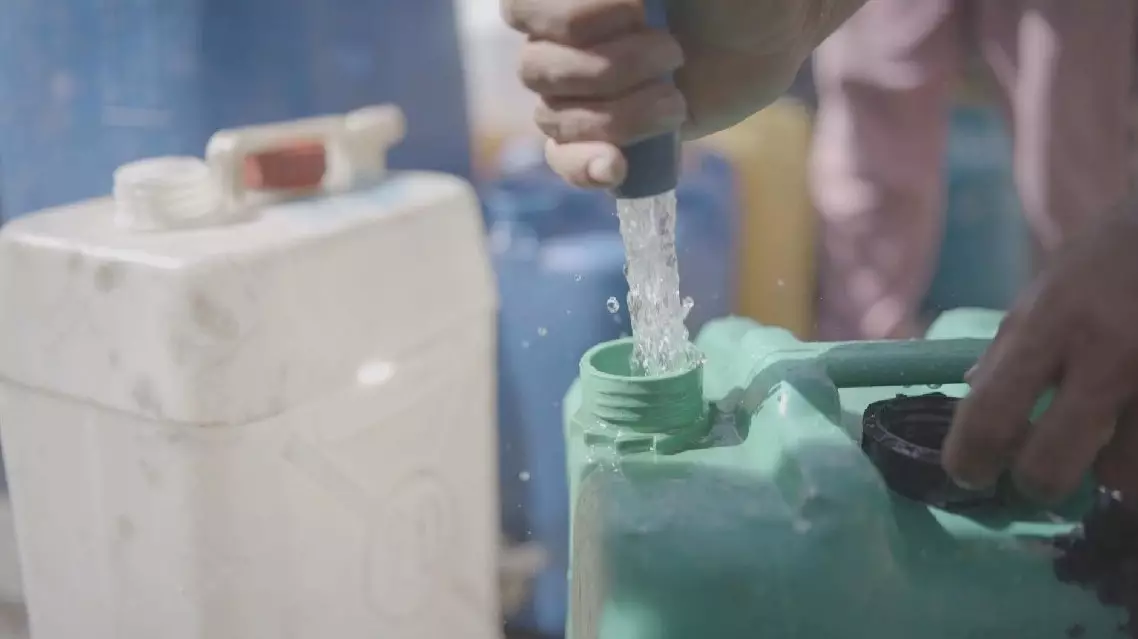
Northern Gaza residents face severe water scarcity as Israeli siege continues
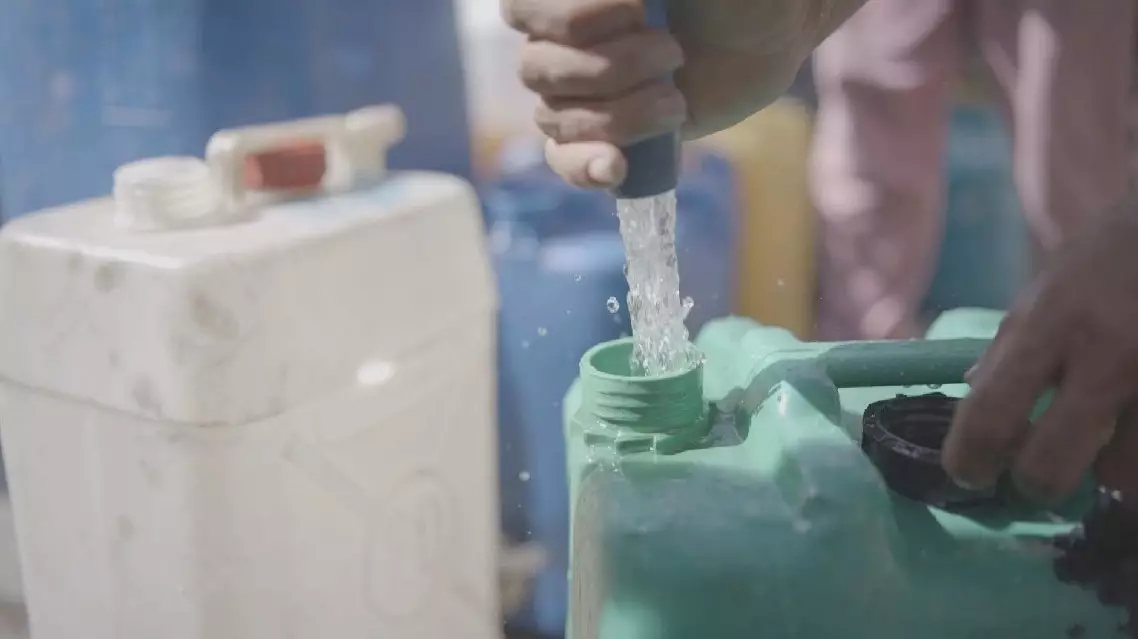
Northern Gaza residents face severe water scarcity as Israeli siege continues


